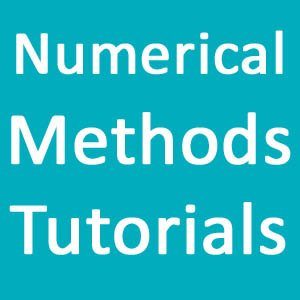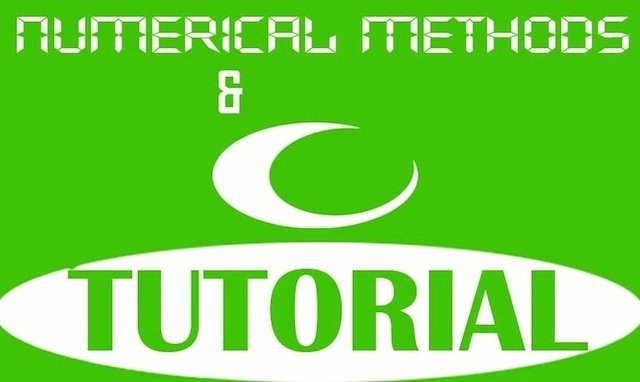C Program for Solution of Wave Equation
The solution of wave equation represents the displacement function u(x, t) defined…
C Program for Solution of Laplace Equation
A number of potential functions need to be solved in applied mathematics,…
C Program for Gauss-Seidel Method
The direct methods such as Cramer’s rule, matrix inversion method, Gauss Elimination…
C Program for Linear/Exponential Curve Fitting
In some engineering works or scientific experiments, a certain number of data…
C Program for Solution of Heat Equation
A number of partial differential equations arise during the study and research…
Numerical Methods Tutorial using C & MATLAB
This section entitled Numerical Methods tutorial consists of source code of various topics in…

